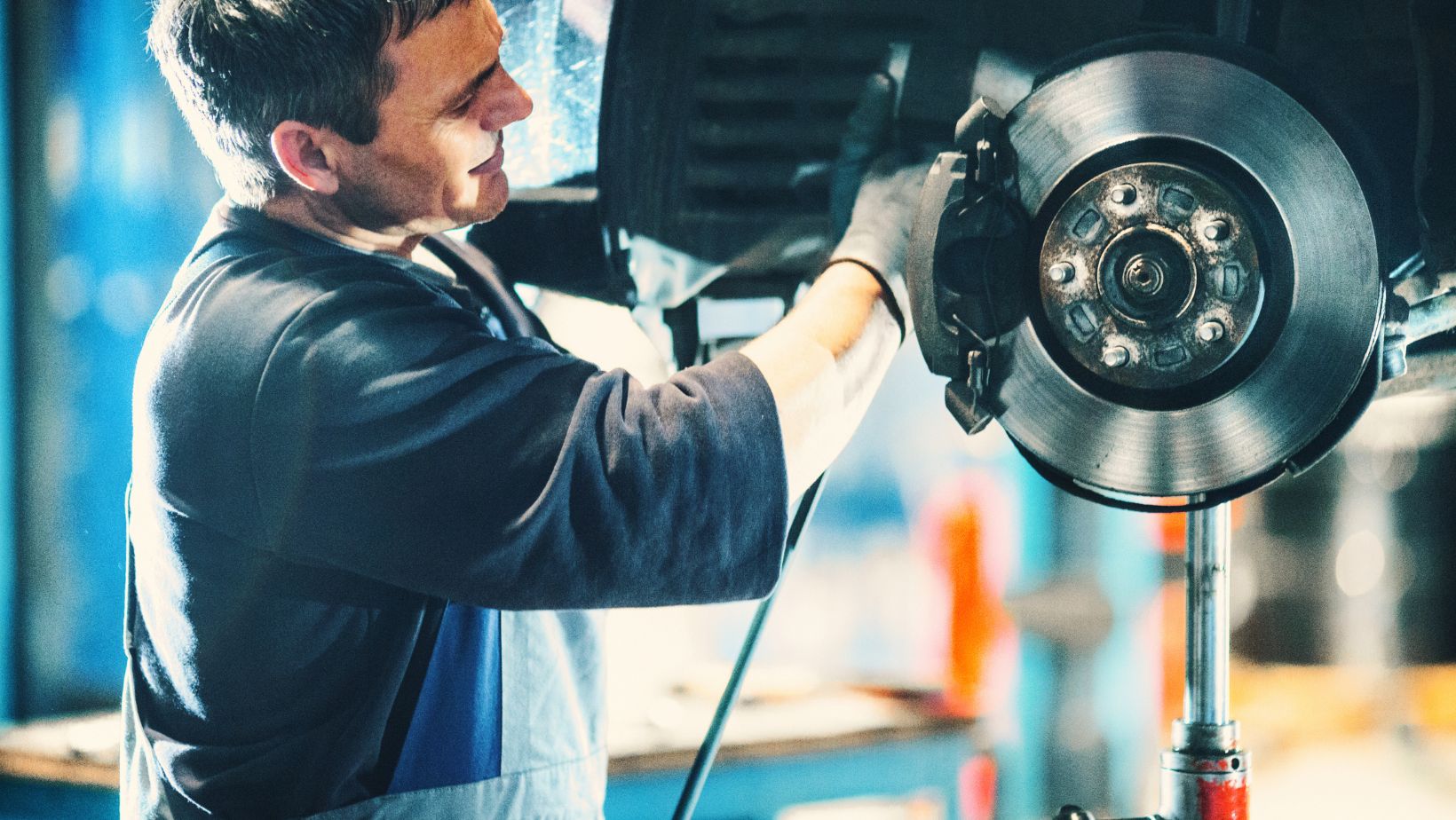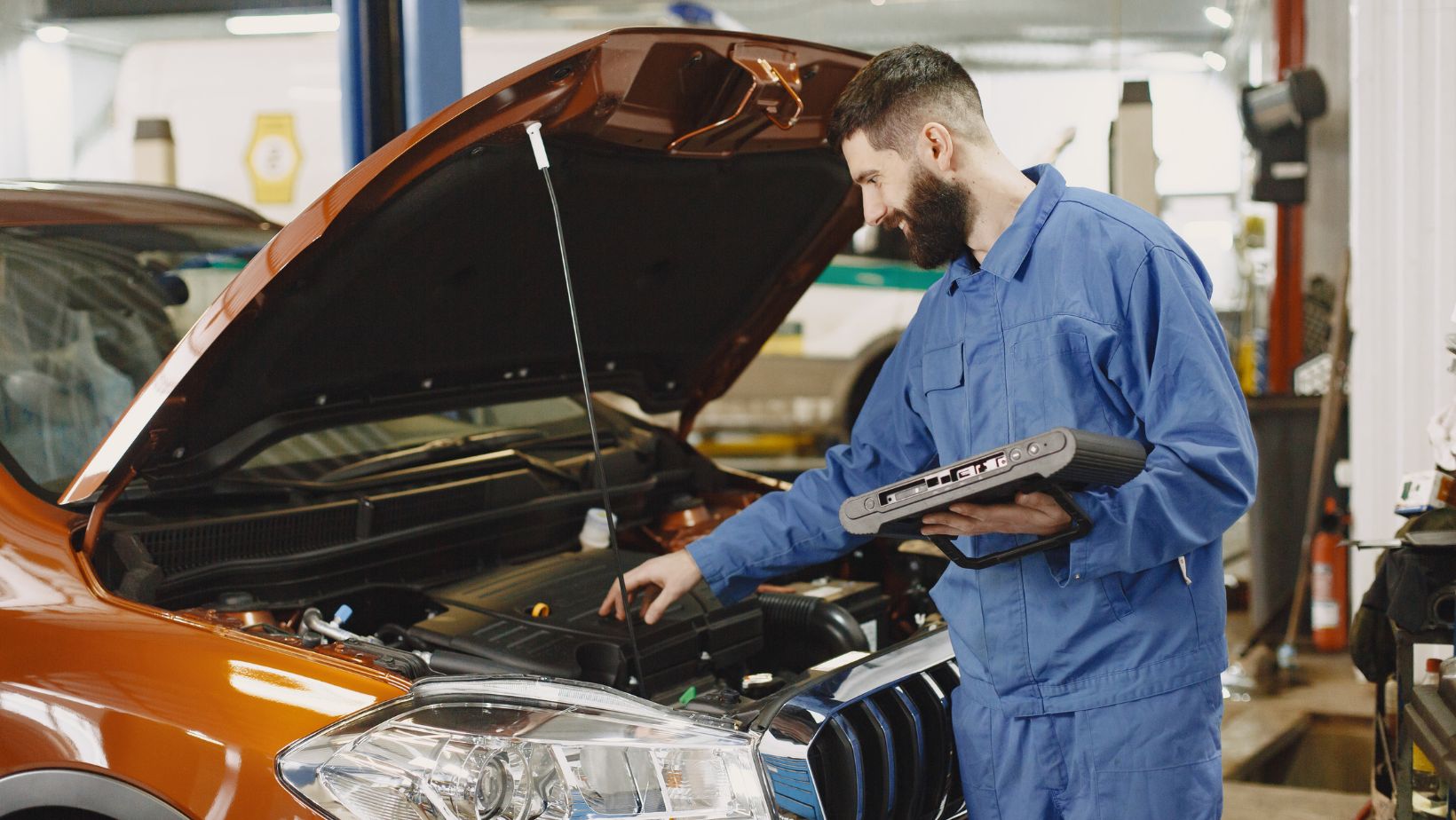 How Long Does Car Repair Take
How Long Does Car Repair Take
When it comes to car repairs, one of the most common questions people have is how long it will take. Unfortunately, there isn’t a one-size-fits-all answer to this question. The time it takes for car repairs can vary depending on several factors such as the type of repair needed, the availability of parts, and the workload of the mechanic.
Minor repairs such as changing a tire or replacing a headlight bulb can often be done quickly and usually take no more than an hour or so. However, more complex repairs like engine overhauls or transmission replacements can take several days or even weeks to complete. It’s important to keep in mind that these are just general estimates and actual repair times may vary.
To get a better idea of how long your specific car repair might take, it’s best to consult with a qualified mechanic. They will be able to assess the extent of the damage and provide you with a more accurate estimate. Additionally, they can also inform you if any additional issues are discovered during the repair process that may prolong the time needed for completion.
Factors Affecting Car Repair Time
When it comes to car repairs, the time it takes to get your vehicle back on the road can vary significantly. Numerous factors come into play that can affect how long a car repair job will take.
- Type of Repair: The nature and complexity of the repair needed is one of the primary factors influencing the time it takes to fix your car. Simple tasks like changing oil or replacing a tire can often be completed within an hour or two.
- Availability of Parts: Another crucial factor impacting repair time is the availability of necessary parts. If a specific component needs replacement and it’s readily available at the auto shop, then the repair process won’t be delayed unnecessarily.
- Workload at the Auto Shop: The workload at the auto shop also plays a role in determining how quickly your car can be repaired. If there are many vehicles ahead of yours in line for repairs or if there’s a sudden influx of customers due to seasonal demands (such as winterizing cars before snowfall), it might take longer for your turn to arrive.
- Skill and Experience of Technicians: The expertise and experience level of technicians working on your vehicle can impact repair time as well. Highly skilled mechanics who have dealt with similar issues before may diagnose and fix problems more efficiently compared to less experienced technicians who might need extra time for troubleshooting.
- Complexity of Diagnostic Process: In some cases, identifying what exactly is wrong with a vehicle can take up a considerable amount of time due to complex systems and multiple potential culprits behind an issue.
It’s important to keep in mind that these factors are not exhaustive, and there may be additional elements that can influence car repair time. However, by considering these key factors, you’ll have a better understanding of why repairs could take longer than expected and how various variables contribute to the overall timeline.

Common Car Repair Times
When it comes to car repairs, one of the most pressing questions on a vehicle owner’s mind is, “How long will it take?” The duration of a car repair can vary depending on several factors such as the type of repair needed, the availability of parts, and the workload at the repair shop.
- Routine Maintenance: For routine maintenance tasks like oil changes, tire rotations, and brake pad replacements, you can typically expect these services to be completed within an hour or two.
- Minor Repairs: Minor repairs such as fixing a broken taillight or replacing a worn-out battery usually don’t require extensive labor or part ordering. As a result, these repairs can often be completed in half a day or less.
- Major Repairs: When it comes to more significant issues like engine overhauls or transmission rebuilds, patience is key. These complex repairs may require several days or even weeks to complete.
- Collision Repairs: If your car has been involved in an accident and requires collision repairs, timelines can vary greatly based on the extent of damage and how busy the body shop is.
- Diagnostic Troubleshooting: Sometimes determining what’s wrong with your vehicle can take time itself. Diagnosing electrical issues or intermittent problems can involve thorough testing and troubleshooting.
It’s important to remember that these are general estimates, and actual repair times can vary based on individual circumstances. Factors like the availability of parts, shop workload, and unforeseen complications can impact repair timelines.

 How Long Does Car Repair Take
How Long Does Car Repair Take




































